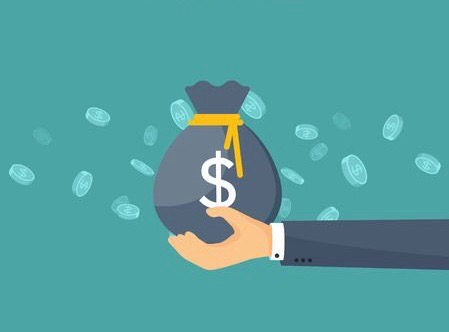A major advertiser just booked a $100K homepage inventory takeover + $10K additional to run audience targeting across all of your brand-safe inventory. This is both a reservation and programmatic buy and the deal size increased by 10% because the seller was clever enough to offer it as a bundle to match the buyer’s needs. But the execution will involve the programmatic team. If the direct seller closed the deal but the programmatic team will have to implement it, who gets paid for a deal like this?
Last December, Digiday published an article about figuring out how to compensate teams. They quoted Sarah Krembs, national director of strategic sales at Accuweather as saying “Programmatic is not great for commission-based [compensation] yet. Somebody’s got to solve for that.”
So here is my response:
I write this to the head of sales who needs to figure out how to compensate the team on programmatic deals. Programmatic has clearly been growing in popularity among advertisers. In your company, direct sellers and programmatic sellers are seeing increasing overlap in their deals so how do you leverage the sales teams to sell both? Who gets paid for closing a direct deal that needs to run through programmatic pipes? Is it the direct seller who actually closed the deal or is it the programmatic team that will execute it?
CNN Digital has advertiser-level quotas. I think this is smart because sellers can hit targets agnostic of channel and focus on allowing advertisers to buy what they need. I’d like to propose a layer on top of this approach to incentivize sellers by key performance indicator for the business.
I have carried a combination quota for the last decade. This means I had both a primary target, which constituted 80% of my total quota, and a secondary target which made up the remaining 20% of my quota. The secondary quotas change a lot, based on what is important to the business. If my quota was $1M, I was responsible for $800K to come from one channel – such as premium reservation deals, and $200K from programmatic audience-targeted deals for my advertiser.
The kicker here is that secondary quotas could carry hefty multipliers. Programmatic advertising had so many efficiencies that it made sense for the business to reward sellers for bringing in programmatic ad dollars. In order to incentivize me, I was given a 9x multiplier on my secondary quota. This meant for every percentage higher than 100% I reached in programmatic, I would be paid out the percentage x 9 more bonus. So, if I exceeded quota by 10%, I would be paid out an additional 90% for that secondary quota. You can see smart sellers making spreadsheets to see where their efforts should go. Should they go out and spend 10 hours with their programmatic teammates to help close an audience-targeted component to their homepage takeover? Absolutely.
While working as Account Director at PubMatic, publishers often asked me to help them think about the divide between direct sellers and the programmatic team. The heads of sales of major publishers feared programmatic advertisers because they did not want to lose branding dollars and they did not want to offer low programmatic CPMs to their current book of business. With the right training and platform controls, publishers can avoid channel conflicts. Reservation sellers might have some programmatic training and with a little more practice can make upselling deals like the aforementioned $100K + $10K deal a regular experience.
My two cents if you want to implement a primary/secondary quota is to introduce the new quota structure as a path towards easier quota attainment. Hiring a trainer – someone with real agency, publisher, and advertiser sales experience can lead teams in strengthening their knowledge. I have found that nothing sticks with sellers more than role plays. Like all of us, sellers can be shy and afraid of failure in front of their colleagues. To ease them into a new pitch, ask your team to read some sample scripts aloud. Then ask them to improvise a role play in upselling an advertiser on “new and interesting inventory bundles.” How can you turn a $100K opportunity into $110k by leveraging programmatic?
Your company is likely ready to make a concerted shift to include programmatic at all levels of your business – sales, operations, and data management. Make your sellers feel safe that programmatic is a priority, it is compensated, and it is a must.



